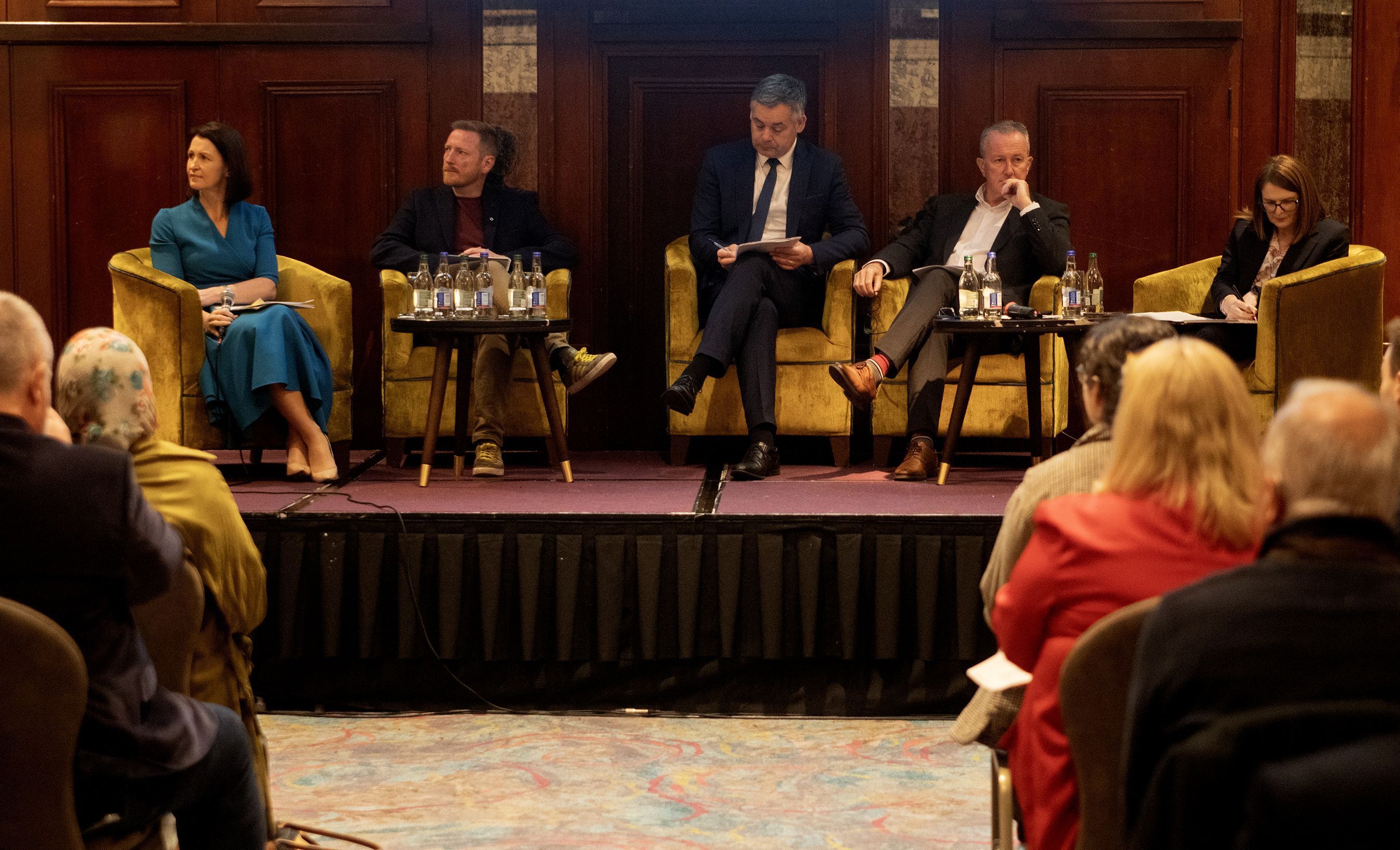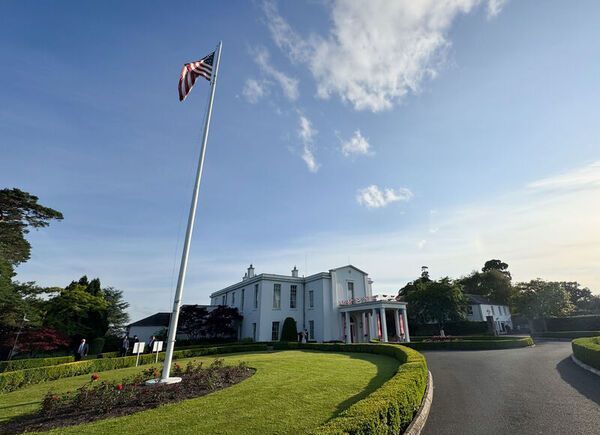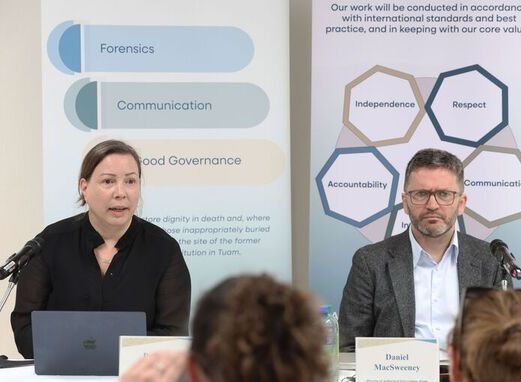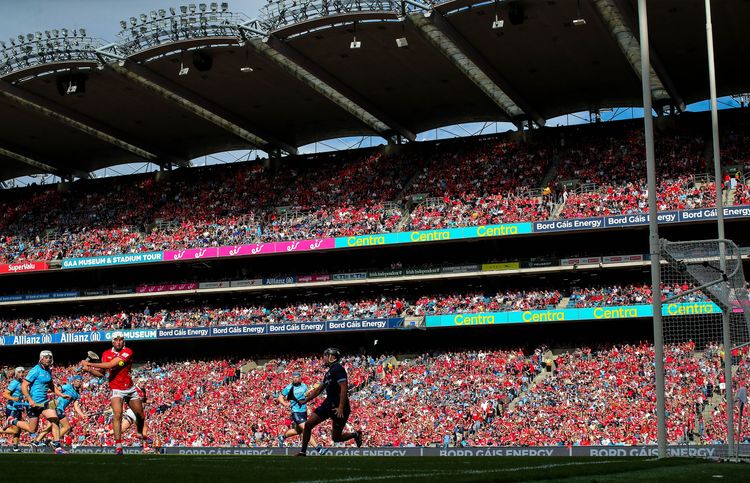MANY of those pitted against Irish unity argue that little economic data has been collated to bring any serious analysis to the subject.
All that has changed in recent months with two conflicting reports suggesting that unity would cost the southern economy either €20billion a year or €2.5billion.
Last month the Ireland’s Future conference at the SSE Arena in Belfast shed further light on the economic benefits of a united Ireland. On Friday at the Europa Hotel in the same city, Sinn Féin held their own discussion on Irish Unity and the All Island Economy, chaired by Ulster University’s Cathy Gormley-Heenan.
Answering questions from the audience were Sinn Féin's economic team, consisting of Pearse Doherty TD, who has been a long-standing member of the Oireachtas Finance Committee; Dr Caoimhe Archibald MLA, Minister for Finance at Stormont; and Conor Murphy MLA, Economy Minister at Stormont.
Conor Murphy said the question around the affordability of Irish unity was mainly framed around the subvention from the British Exchequer.
“Professor John Doyle from DCU when they calculated the subvention (after unification) it was as low as €2.8billion a year and that would be 1.5 per cent of the Southern economy,” he said.
He said the potential for growth of the northern economy was “enormous”.
“We are headed in the right direction with the North-South economy but partition stops us from maximising that potential.” - @CArchibald_SF pic.twitter.com/O2bajCrdv9
— Sinn Féin (@sinnfeinireland) June 28, 2024
“The potential immediately in terms of reunification, specifically for the North, is a huge increase in economic output and prosperity because of the removal of all barriers on the island.
“Increasingly business here recognise that and are ahead of the politics of this. I have met with very many businesses from a unionist perspective who have their own view of the constitution but economically they recognise and they already have established footprints in the South.”
He added that the North should not be seen as a burden on the Irish economy, as three of the biggest ports on the eastern seaboard are in the North, along with three airports, two of the leading universities and some of the best advanced manufacturing sectors on the island.
Pearse Doherty, who is a TD for Donegal, said partition is holding the whole island back.
“The key thing here is that despite the buoyancy of the southern economy and how the northern economy is growing, the reality is that partition is an impediment of those. That’s the reality. Donegal is part of the southern economy. We have the highest levels of poverty in the state, we have the highest levels of unemployment. We are part of the southern economy but partition is the reason for it.”
He said north-south trade is growing on the island and the all-island economy is growing exponentially.
Finance Minister @CArchibald_SF speaking at today’s ’Irish Unity and the all-island economy event’. pic.twitter.com/rYBq04D4LI
— Sinn Féin (@sinnfeinireland) June 28, 2024
Caoimhe Archibald admitted that as the North’s Finance Minister she has very limited powers when it comes to pulling fiscal levers to address some of the inherent problems associated with the northern economy.
“As a party we would want to have as many of those powers as we can to develop the opportunities to align what we are trying to achieve in policy objectives, for our economy for our society, for the environment.
“For me, devolving the powers and then using them to meet our policy objectives, I do think it will give us the ability – in the first instance – to deliver better public services.”
Conor Murphy said that since Sinn Féin took over the Economy portfolio at Stormont there has been greater cross-border engagement.
“There’s a very strong willingness from the government in the South to collaborate with us,” he added. “The all-island economy is growing and continues to grow at a very fast pace and one of the changes you now have is you have policy for the northern side of the border which is in support of all-Ireland economic growth.”
Returning to the impact of partition, Pearse Doherty made one of the most notable points of the discussion.
“A young girl born in the South today has a life expectancy of one and a half years more than a young girl born in the North and there’s a reason for that and the reason is partition and it’s linked to health outcomes, poverty and the fact that we don’t have fiscal levers (in the North) and London is deciding what is in the best interests of people living in our communities.”









